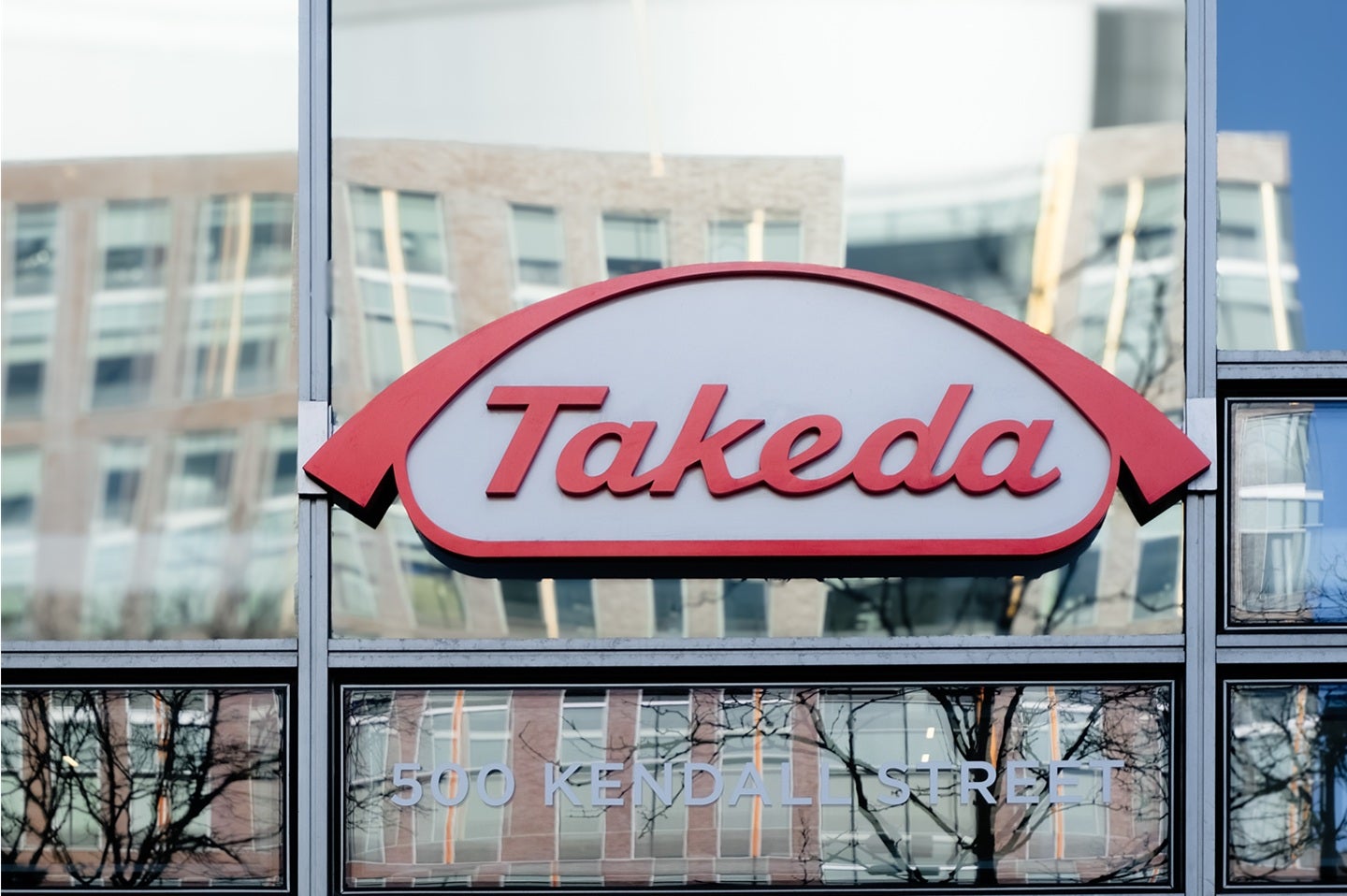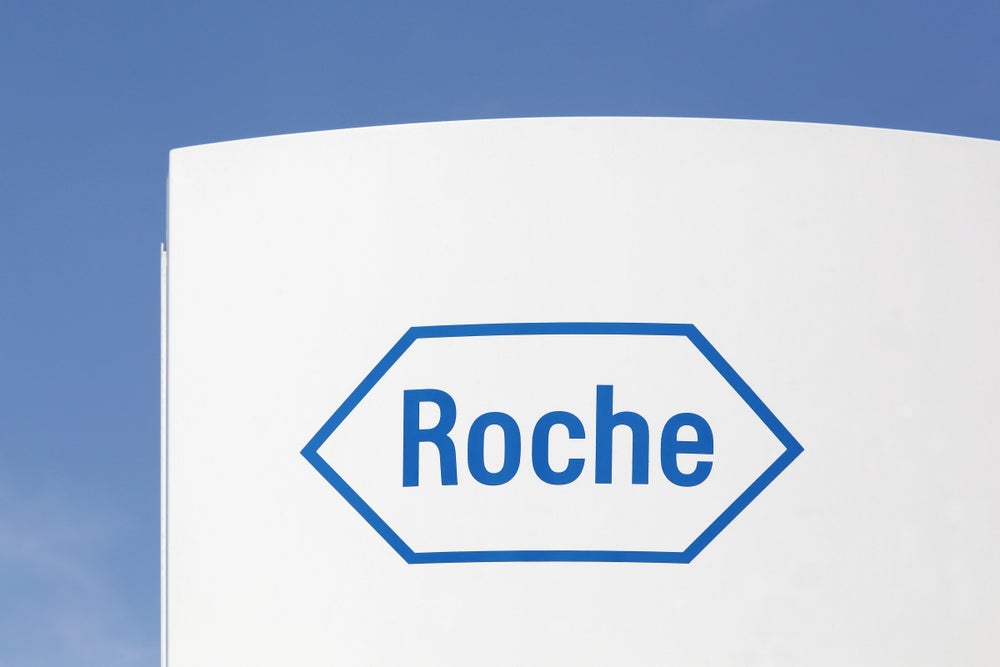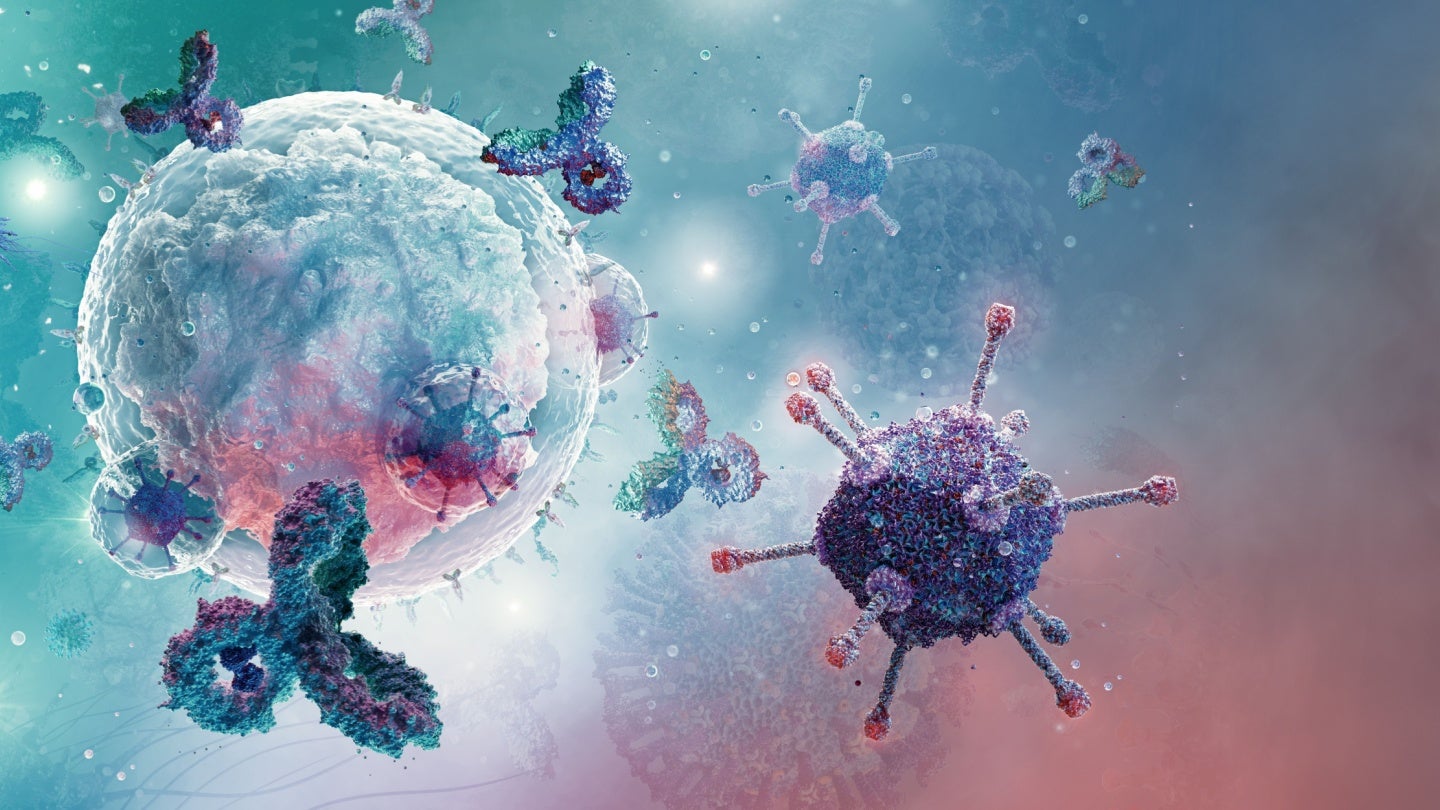Roche Partners with Transcription Factor Pioneer Flare in over $1.8B Cancer Deal
Roche has entered a groundbreaking deal worth more than $1.8B with Flare Therapeutics to advance new options for cancer therapy using transcription factors that are conventionally called undruggable. Under the terms of this deal, Roche will pay Flare $70M as an initial payment to harness what the company said in their announcement is its unique […] The post Roche Partners with Transcription Factor Pioneer Flare in over $1.8B Cancer Deal appeared first on LifeSci Voice.

Roche has entered a groundbreaking deal worth more than $1.8B with Flare Therapeutics to advance new options for cancer therapy using transcription factors that are conventionally called undruggable. Under the terms of this deal, Roche will pay Flare $70M as an initial payment to harness what the company said in their announcement is its unique proteomics and mass spectrometry-based discovery platform, or its library of electrophilic compounds.
Flare will be responsible for the initial work on discovery and preclinical research for this platform, while Roche will take over control of the platform and be more involved in the later stages of development and marketing. Flare is also expected to receive other types of payments, including those that total more than $1.8B in the form of milestone payments, in addition to royalties on products that may be developed in the future. Flare also retains an option for co-funding development for one of the targets in return for better U.S. royalties.
Cambridge, Massachusetts-based Flare Therapeutics was founded in 2021 with robust financial backing, with its Series A funding at $82M and its Series B round a year later in 2023 at $123M from investors such as Pfizer, Eli Lilly, and Novartis. Transcription, as the biotech is named after, refers to factors that manage how genes function and are involved in cancer and other diseases. This last class of targeted protein—transcription factors—is Flare’s focus, and its platform is built specifically to solve the challenges inherent to the targeted drug development of these proteins.
Flare’s lead candidate, FX-909, is a fully human monoclonal antibody designed for the selective targeting of TNF alpha in immune-mediated inflammatory diseases. Since the completion of its 2023 funding round, Flare has taken the drug candidate to phase 1 clinical trial for advanced urothelial cancer. PPARG is a transcription factor that modulates several cancer cell types, and FX-909 is an orally bioavailable small molecule that targets it. Flare’s second program is the prostate cancer program, which is predicted to move into IND-enabling studies soon.
Per Rob Sims, Ph.D., the co-founder and Flare’s CSO, this affiliation with Roche will help to speed up their work and take advantage of Roche’s vast knowledge in creating treatments for transcription factors where the demand is high. He said that the aim is to advance difficult transcription factor targets to develop new treatment options for patients who don’t respond to standard therapies.
Transcription factors are central players in cancer biology but have not been easily druggable because of their highly atypical structures that do not lend themselves to conventional drug design strategies. Finally, Flare employs chemoproteomics, functional biochemistry, covalent chemistries, and genetics to pinpoint “switch sites” in these transcription factor complexes. To achieve this goal, Flare has identified what it calls “switch sites”—specific druggable pockets within transcription factors that, when targeted by small molecules, allow for complete control of gene expression. Flare’s goal is to create small-molecule precision medicines to affect gene expression and bring treatment to cancers typically deemed untouchable by small-molecule therapeutics.
The post Roche Partners with Transcription Factor Pioneer Flare in over $1.8B Cancer Deal appeared first on LifeSci Voice.
What's Your Reaction?


































